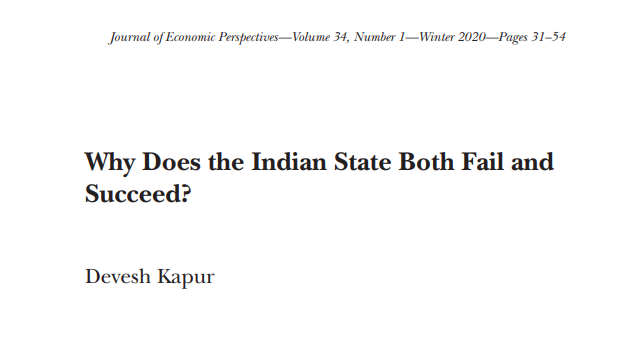#PoliceReform: Police are the public’s first interface with the criminal justice system & crime registration is a crucial first step in the process. Not registering a crime fails to deter criminals, thus stymieing the process of justice. (1/n) 

The results from our survey on 'Safety Trends And Reporting of Crime' revealed underreporting."This could be because victims themselves refrained from approaching the police [..] or the police did not register the case for various reasons", explain @AvantiDurani & @_NehaSinha.
What are some reasons for not filing an FIR? 30% of respondents felt that the police would not entertain their complaint, in Chennai, 51% mentioned lack of evidence, and in Bengaluru, 35% didn’t want to get tangled in police/court procedures.(3/n)
archive.indiaspend.com/cover-story/wh…
archive.indiaspend.com/cover-story/wh…
This brings out the cautionary point—we must not conflate crime rates with perceptions of safety. It’s possible that a low rate of crime may not imply a high sense of safety. Close to half of our survey respondents in Delhi felt that crime was a serious problem. (4/n) 

This sense of safety translates into behaviour changes to prevent victimisation. For instance, 87% of people in Delhi start worrying by 9pm if a female member of the household is out alone. The corresponding percentages are 54% in Bengaluru, 48% in Chennai and 30% in Mumbai.(5/n) 

Concerns about safety extended to men as well—from the people surveyed, 95% in Delhi, more than 80% in Bengaluru and Chennai and 60% in Mumbai, reported that they started worrying by 11pm if an unaccompanied male household member did not return home. (6/n)
archive.indiaspend.com/cover-story/wh…
archive.indiaspend.com/cover-story/wh…

Efforts to tackle underreporting should be undertaken. Operational reform should focus on making the process of filing FIRs more transparent and accessible—more so for marginalised who solely rely on the police machinery for protection. (n/n)
cc: @saravade @IPF_ORG @MNReddi_IPS @singh_prakash @AvantiDurani @_NehaSinha @priveda22 @TveshaSippy @kumar_rithika @IndiaSpend
• • •
Missing some Tweet in this thread? You can try to
force a refresh








